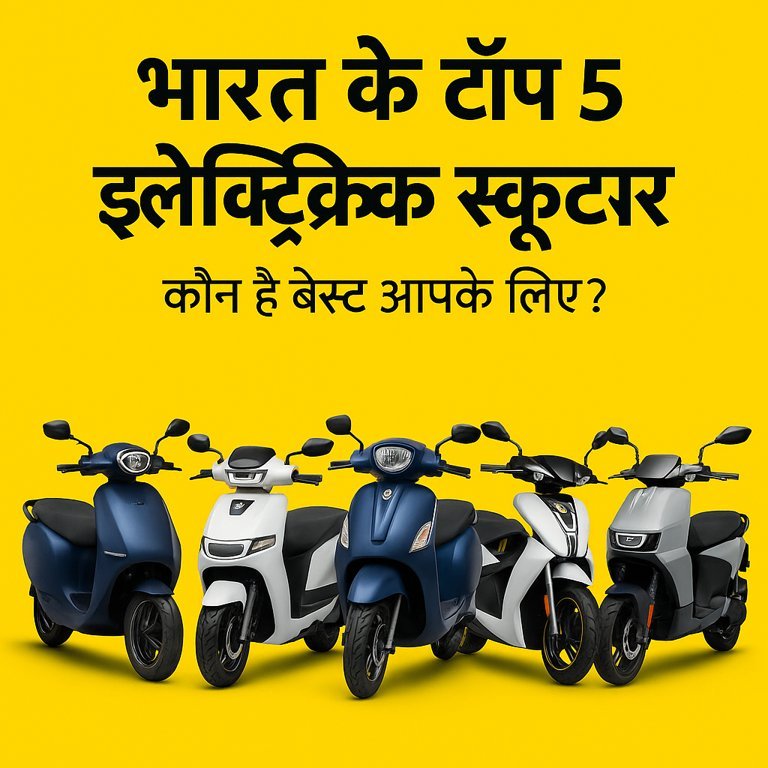Honda Cars India has made headlines once again, but not for what you might expect. With total sales of 5,124 units in June 2025, the Japanese automaker has shown resilience in a challenging market environment. The figure includes 3,681 units sold in the domestic market and 1,443 units exported, marking a strategic shift in the company’s dual approach to growth—home and abroad.
Domestic Market Holds Firm Despite Headwinds
In a month where several automakers grappled with slowed footfall and supply chain hiccups, Honda’s domestic sales of 3,681 units underline steady consumer trust in its portfolio. Although these numbers may not scream exponential growth, they indicate brand loyalty in an increasingly crowded Indian automotive market.
One of the reasons behind Honda’s sustained presence is its consistent value proposition. The City and Amaze models continue to attract sedan lovers, even as the market sees a significant tilt toward SUVs. Honda’s focus on drive quality, refined engines, and a no-nonsense ownership experience keeps these models relevant—especially among urban buyers.
Exports Offer a Strategic Boost
The export figure of 1,443 units in June 2025 isn’t just a statistic—it reflects a calculated move by Honda to stabilize volumes and maintain production momentum. With global demand in select markets remaining consistent, exports offer a buffer against domestic volatility. Honda’s tap into the international market allows it to maintain operational scale even when domestic fluctuations pose challenges.
In fact, this strategy mirrors what several manufacturers are doing—balancing domestic saturation with export growth. For Honda, this two-pronged approach is helping the company stay competitive while gradually repositioning itself as more than just a sedan specialist in India.
New Launches on the Horizon?
Industry insiders believe Honda is preparing to introduce new models that better align with the current SUV craze in India. With competitors like Hyundai, Maruti, and Tata aggressively expanding their SUV offerings, Honda’s entry into this segment will be closely watched. The recently launched Elevate is already gaining traction, signaling that the brand’s future lies not in abandoning sedans, but in complementing them with feature-rich SUVs that appeal to a broader audience.
Moreover, whispers in the industry suggest Honda could leverage hybrid and electric technologies in upcoming models. Given India’s push for greener mobility, such a move would not only future-proof Honda’s lineup but also offer environmentally conscious customers a premium alternative to the current market players.
Honda’s Long-Term Commitment to India
Beyond monthly figures, what stands out is Honda’s commitment to long-term brand equity. The company has made sustained investments in local manufacturing and dealer network development. In addition, its after-sales service and consistent product quality continue to strengthen customer satisfaction across segments.
In an official statement, a senior company spokesperson reiterated that while monthly numbers reflect market dynamics, Honda remains focused on creating premium, reliable products tailored to Indian conditions. This suggests that even as competition intensifies, Honda is in no hurry to chase volume at the cost of brand integrity.
Looking ahead, the market will watch whether Honda can convert its core strengths into scalable growth—especially as customer preferences evolve. With a solid base in sedans, a growing export network, and a tentative toe in the SUV pool, Honda seems poised to navigate India’s complex auto terrain with calculated precision.
In summary, the sales report may not raise eyebrows at first glance, but a deeper look reveals Honda’s steady recalibration in a volatile auto market. If executed well, the next quarter could showcase a brand quietly preparing to roar.



 --- ### 🏷️ **Image Title (with underscores)**: `Xiaomi_YU7_Max_2025_Electric_Car_Launch` ### 🖼️ **Alt Text (in Hindi)**: Xiaomi YU7 Max 2025 इलेक्ट्रिक कार लॉन्च के लिए तैयार — 200MP कैमरा और 120W चार्जिंग ने मचाई हलचल!](https://tech88.com/wp-content/uploads/2025/07/Xiaomi_YU7_Max_2025_Electric_Car_Launch.jpeg)